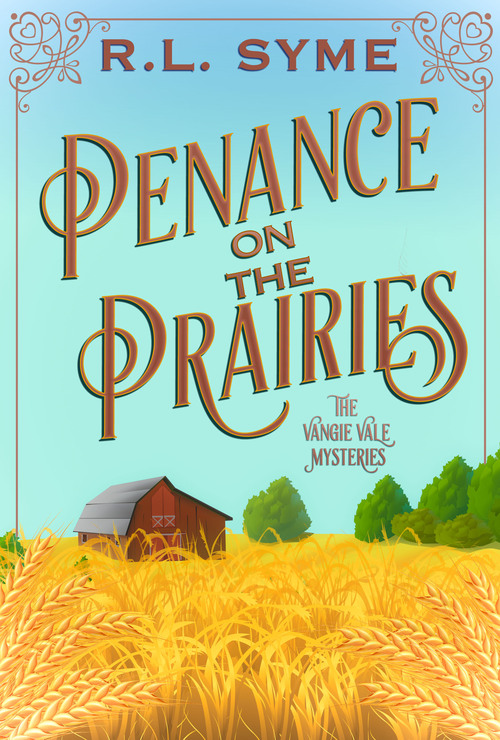Writers are narcissists. Think about it. We are so enamored with our written words that we (either on our own or with a group of other people) put them into print for everyone to see. Sure, it’s often worth reading, but think about how narcissistic that is.
That’s why it hurts so much when you get criticism.
If someone compliments something you’ve done without meaning to get compliments, it’s always nice. It’s nice to know you’ve done something worthwhile. But if someone compliments something you’ve been waiting around to show them, the compliment means more. And therefore, the criticism hurts more.
Granted, as narcissistic as I am, I rarely do anything without the awareness that other people might see it and/or compliment it. I used to pretend to be humble, because I didn’t want people to think that I cared what people thought. But I’ve long since released that. (Strengthsfinder, I love you.) Because sometimes it’s healthy to know that you’ve done something of value. (Sometimes, it’s not–but you need to know the difference. You can’t just pretend you don’t care all the time if you do care… it’ll eat you alive. Plus, false humility is absolutely the Emperor’s New Clothes.)
If the compliments mean more, and the criticism hurts more, then imagine what true hate will do to you. If someone really hates what you’ve written/sung/performed/drawn/painted. There is no pain like it. Especially when the attacks get personal. Writers and artists, early on in their career, can be hyper-sensitive.
Most of us who have been at this awhile (I say “at this” because I’ve been performing in public for audiences most of my life… while I may be new-ish to writing, I’m definitely not new to placing your creative life in front of other people for their pleasure) know that one thing is true: eventually, you have to develop thick skin.
You can’t take the compliments or the hate mail too seriously. While they don’t produce the same result, they both make you unhealthy. Too much attention to your fans without attention to your critics leaves you vulnerable to mistakes and lack of self-awareness can be detrimental to any artist. But too much attention to the hate mail could rob you of your ability to produce creatively, and leave you with nothing to show.
And artists love to show. Whether we do art for our own enjoyment, or the enjoyment of others, we love to show. Having nothing to show is the heartbreak of the broken artist. And it is truly sad.
This is why I really like what Rachel Held Evans had to say about how she transformed her hate mail. We all need to do this. We do want to read it first, because it might contain something we need to hear. But we can’t stop there. We can’t dwell on the hate because it will hold us captive from our expression.
What about you? Have you experienced hate as an artist or creative person? How did you get over it? How did you use it to become who you are today?







